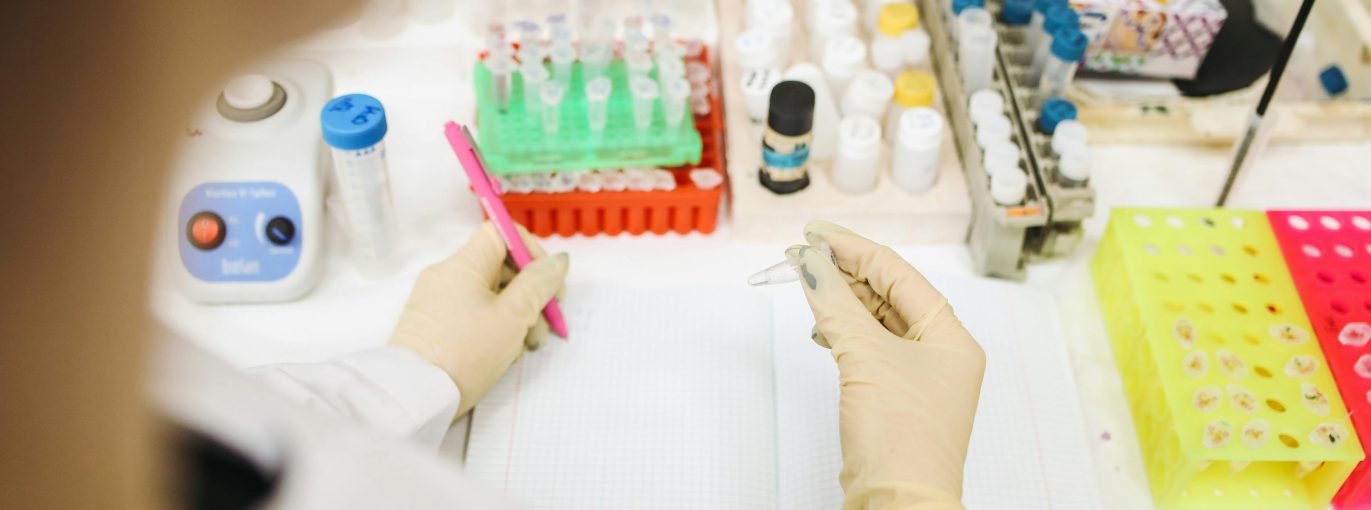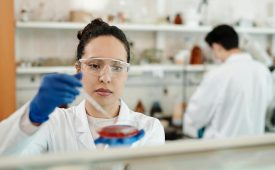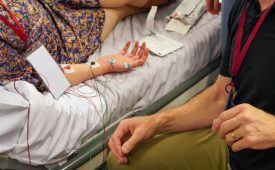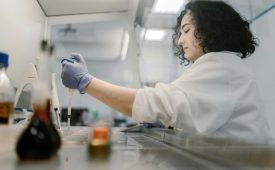
The European Commission has approved the drug QALSODY, better known as Tofersen. This means the drug will be allowed on the European market.
Earlier this year, at a meeting of the Committee for Medicinal Product for Human Use (CHMP), the EMA gave a positive opinion on the authorisation of the drug QALSODY, also known as Tofersen, on the European market. Based on that opinion, the European Commission (EC) will then decide whether to actually authorise the drug.
On Thursday 30 May, it was announced that the EC approved Tofersen. This makes Tofersen the first approved drug to treat a rare, genetic form of ALS in Europe.
SOD1 gene
Looking at heredity and ALS, there are roughly two forms: the familial form and the sporadic (non-familial) form. Familial ALS is usually hereditary, while sporadic ALS is not in most cases (about 90%). Familial ALS is caused by an abnormality in one or more ALS genes. Some of these ALS genes are known, including the SOD1 gene. This gene is very rare and is estimated to affect fewer than 1,000 people in Europe.
VALOR study
The VALOR study conducted by pharmaceutical company Biogen yielded promising results. These results showed that, in participants with an abnormality in the SOD1 gene, after long-term use of the drug (6+ months), the SOD1 protein in the cerebrospinal fluid decreased. Neurofilaments (a measure of nerve damage) also decreased by 60% after 28 weeks. This provided a positive effect on functional decline, lung function and survival. For some participants, this meant complete stabilisation and sometimes even some improvement in muscle strength.
Tofersen treatment
The drug Tofersen is a so-called antisense oligonucleotide directed against SOD1 and must be administered via an epidural. An antisense oligonucleotide is a small piece of artificial hereditary material that binds very specifically to the messenger molecule of the SOD1 gene, inhibiting the production of the mutated SOD1 protein.
QALSODY has already been made available to patients in Europe through an early access programme, with around 330 people with SOD1-ALS already having received access. Biogen is working with all stakeholders to make this treatment available to patients as soon as possible.
Relaterade nyheter

Lighthouse II study finished recruitment phase with more than 400 participants

Innovations in ALS clinical trials through the TRICALS Academy

Your expert opinion wanted on ALS clinical trials
